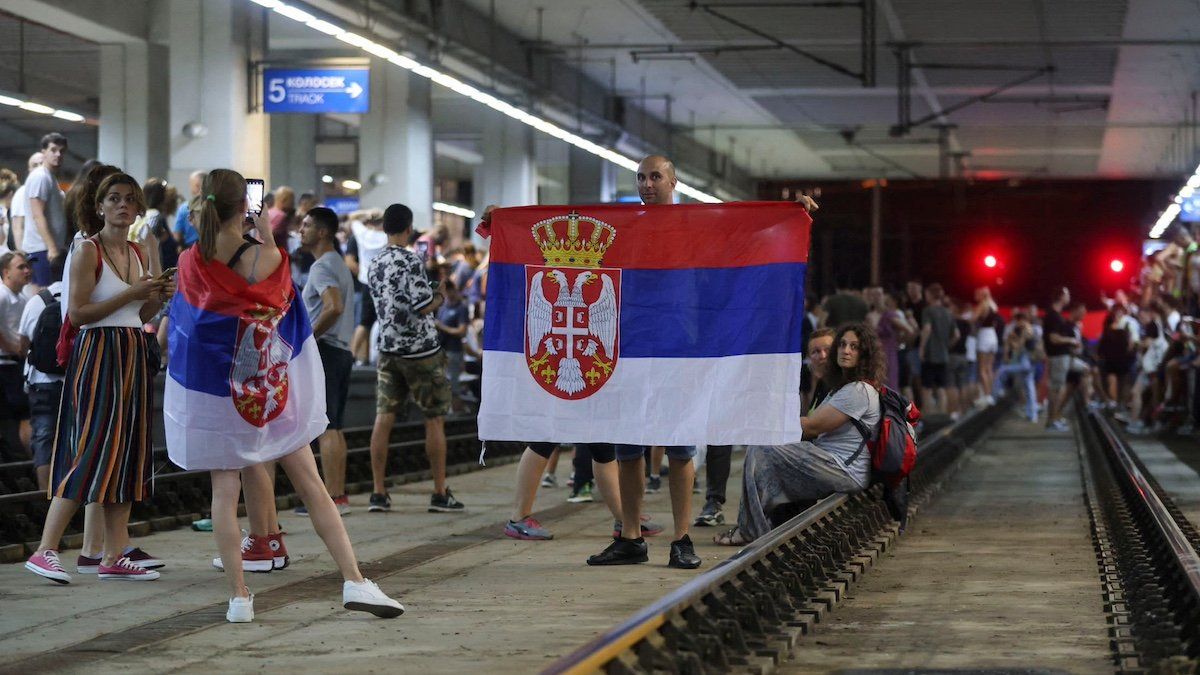On Saturday, the US State Department denied it supported anti-government protests in Serbia centered on a proposed lithium mine in Serbiathat sparked widespread protests last week, which opposition figures called to continue. As Serbian farmers, environmentalists, and citizens fight to protect the scenic Jadar valley, it has also become a proxy battleground for Washington, Berlin, Moscow, and Beijing.
The Jadar Valley is a lush farming area rich in lithium ore, essential for electric vehicle batteries. Rio Tinto’s $2.4 billion mining and refining project there couldprovide as much as nine-tenths of Europe’s current lithium needs, enough foran estimated 1 million EV batteries a year.
Last month, Serbiareinstated approval for the project, which had been withdrawn in 2022 following anti-government protests. Serbian President Aleksandar Vucic insisted that strict environmental safety protocols will be put in place, but opponents claim the project will destroy farmland and contaminate groundwater.
US and German officials support the mine as part of Europe’s green transition, and to curb dependence on China, currently the main source of the processed form of the mineral. And while Serbia is currently cozy with both China and Russia, the mine would further integrate the country’s economy with that of Europe and the US.
This, together with revelations that Serbia is a key supplier of munitions to Ukraine, has spawned speculation that the protests are the work of pro-Russia factions, eager to keep Belgrade in Moscow’s orbit. Meanwhile, Vucic claims they are led by “anarchists, Marxists, and hidden fascists” and said last week that Moscow warned him of a brewing coup. We’ll be watching whether more Serbs take to the streets in the coming days — and whether interest in the project falls along with EV sales.
